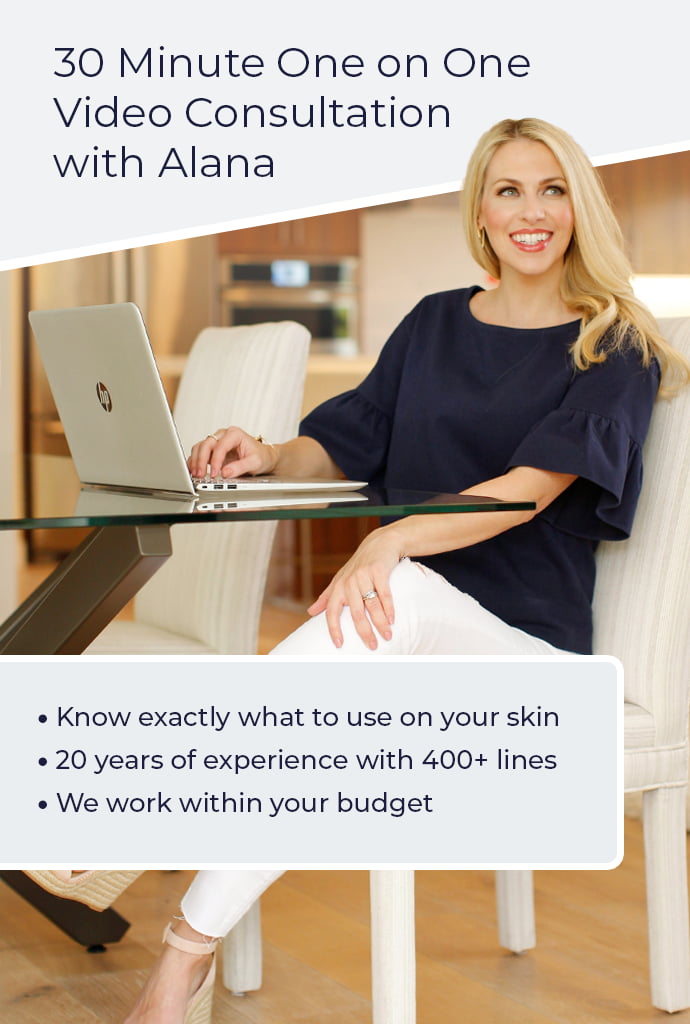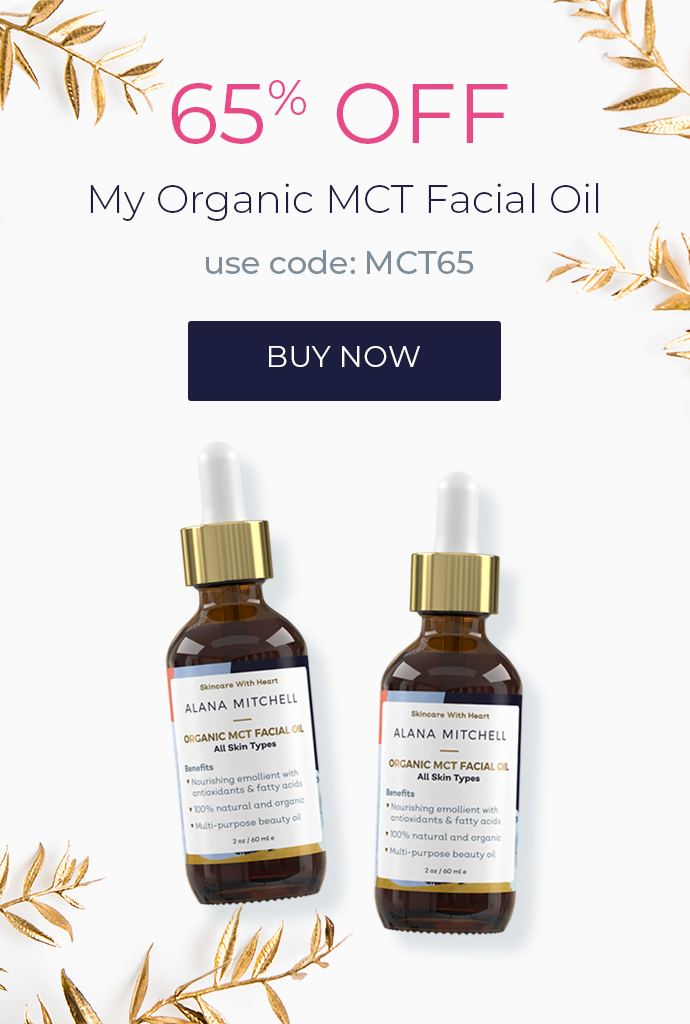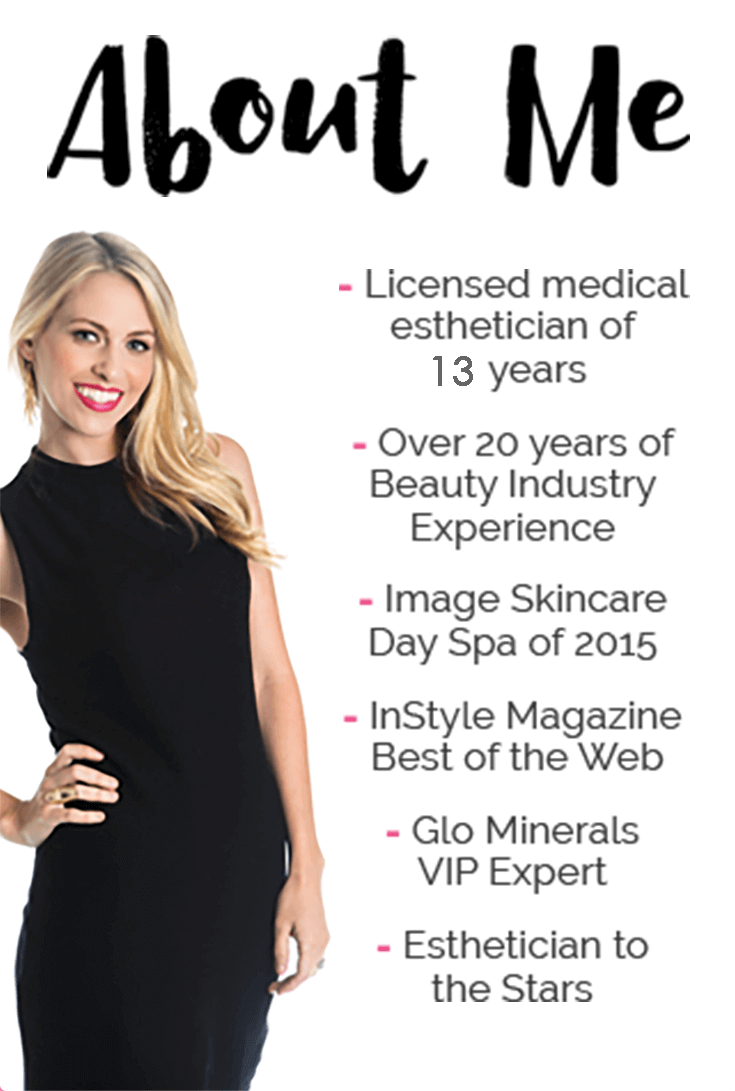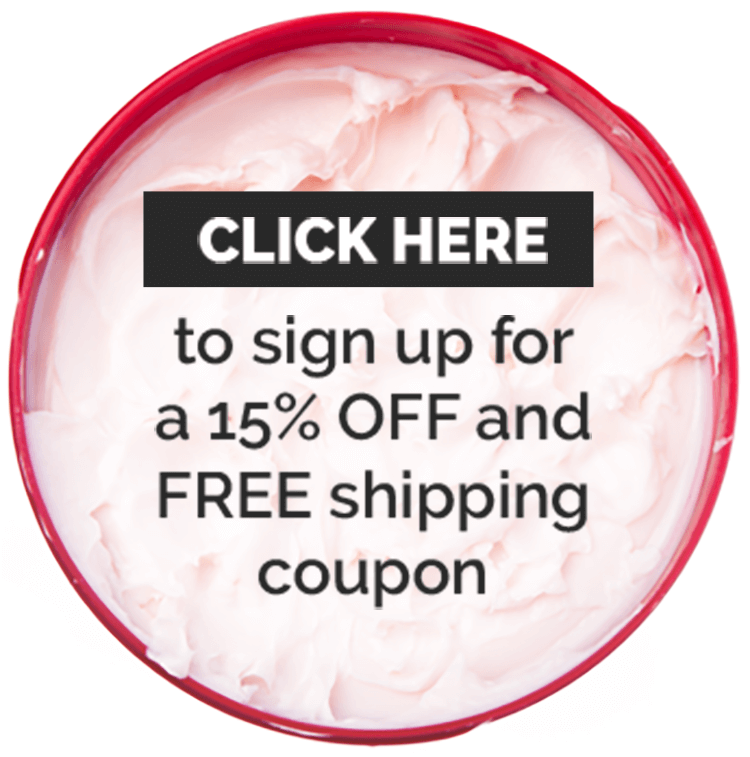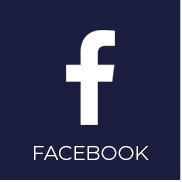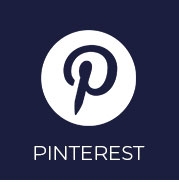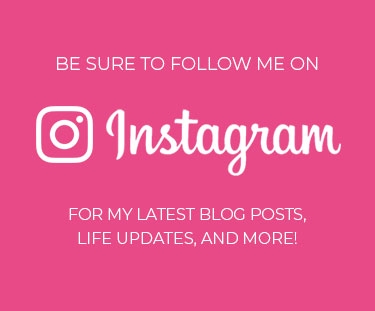What Should You Be Using In Your Skin Care Routine?
Take my quiz and get personalized recommendations from a
licensed esthetician!
Can Acupuncture Help Your Skin?
You may have noticed lately that more and more people are turning to alternative medicine (or, Eastern medicine) in their search for health, wellness, and alleviation of their ailments.

But while some practices, like salt therapy, seem relaxing and even fun, other practices, like acupuncture, seem a little questionable (or even scary).
After all, who among us willingly volunteers (let alone, pays for) someone to stick needles into our skin?
But while acupuncture may sound a little troublesome (or simply uncomfortable) at first, many women (and men) claim that it’s been the solution to their pain, discomfort, or even simply their stress when nothing else was working.
In fact, acupuncture can even be used to help you reach that ultimate level of skin health and radiance that you hope to achieve.
Today, I’m getting to the point when it comes to all things acupuncture and skincare (get it, because needles have points?).
Keep reading for more about what exactly acupuncture is, how it can benefit you, and what to expect in your first session.
A little disclaimer before we begin: Ask your physician before trying acupuncture.
Your health and safety come first!

What Is Acupuncture?
You may have heard about other Chinese medicine therapies, like cupping.
Acupuncture is a type of alternative medicine and an important part of traditional Chinese medicine.
All styles of acupuncture currently practiced can be traced back to the Classic of Internal Medicine of the Yellow Emperor.
It dates back to around 100 B.C.
Certain points on your body (called acupuncture points or acupressure points) are stimulated by inserting a thin needle into the skin.
This is linked to the belief that disease and pain are caused by disruptions to the flow of energy (called Qi or “vital energy”) in the body.
The Qi then travels through channels that are called meridians.
According to Chinese medicine, the tongue has many connections to the meridians and the internal organs.
It can present visual indications of a person’s overall harmony or disharmony.
The goal of acupuncture is to manipulate the flow of Qi.
According to the University of Minnesota:
“The patient typically feels the Qi sensation locally around the needle site and then in adjacent areas, usually along the associated channel. It has been described as a dull, heavy, aching, or mildly electrical sensation that spreads in wave-like patterns. Most people do not find the Qi sensation to be painful or unpleasant, just unusual.”
A key philosophy of Chinese medicine is that one organ can affect another, and what affects one organ system can affect the whole body.
This relates to the theory of “yin and yang,” also a fundamental part of acupuncture.
When it comes to skincare, I do believe something very similar – that skincare is more than just our skin; it involves what we eat, how much we exercise, our stress level, and how much we sleep.
Sometimes the reason we can’t eradicate our skin issues, such as acne, is because we’re not looking at the big picture!
What Is Acupuncture Good For?
People have reported improvement in the following conditions after trying acupuncture.

- Help with fibromyalgia. Many people have reported more manageable fibromyalgia symptoms with acupuncture.
- Help with fertility treatment. Women who have failed more than one attempt at IVF or haven’t had success with conventional treatment may turn to acupuncture. In a 2002 study, German researchers found that adding acupuncture to traditional IVF treatment increased pregnancy success.
- Release endorphins. Some studies have suggested that acupuncture releases endorphins (your body’s natural pain-killing chemicals) and affects the part of the brain that controls serotonin, which is a chemical that deals with moods.
Acupuncturists typically recommend regular sessions to see improvement, rather than just a one-time visit.
And overall, you’ll probably notice results when paired with healthy lifestyle habits and conventional treatments.
Again, it should be between you and your doctor.

The Controversy Surrounding Acupuncture
Acupuncture needles were classified as a Class II medical device in 1996 by the FDA, which means they’re safe for general use by licensed, registered, or certified practitioners.
Previously, they had been classified as “experimental devices” for more than 20 years.
Many Western medicinal practitioners dismiss acupuncture and argue that meridians are imaginary.
There’s a lot of speculation that it simply doesn’t work and just delivers a powerful placebo effect.
However, more mainstream doctors, insurance companies, and medical institutions are beginning to accept acupuncture for the treatment of nausea and pain.
In May 2017, the FDA recommended in its Education Blueprint that doctors relay information about chiropractic care and acupuncture to patients with chronic pain.
More research is being conducted about how acupuncture can be used to treat drug addiction and sleep disorders.
One of the largest studies on acupuncture found that it’s effective for treating chronic pain.
One treatment that’s been popular lately is auricular acupuncture, which uses stud-like beads or pellets that are pressed into the ears (it’s needle-free).
Points on the body are stimulated just by pressure, rather than insertion.
It’s paired with traditional acupuncture and is said to treat PTSD, weight loss, digestion issues, and pain.
Cautions
People with the following conditions shouldn’t receive acupuncture:
- Low blood pressure
- Weakness
- Compromised immunity
- Low blood sugar
- Bleeding disorders
- Fear of needles
If you have any questions, ask your general practitioner!

Can Acupuncture Help Your Skin?
With long-term treatment, you may see improvements in your skin.
You can even get acupuncture facials.
If you’ve read my blog before, you know that pollution, stress, poor diet, lack of sleep, and hormones can affect your complexion.
An acupuncturist determines the root of a patient’s skin problems, as I mentioned above, and then selects the points on the body that need to be treated.
Acupuncture may benefit your skin in the following ways:
- Diminish the appearance of wrinkles and brighten your complexion. By inserting needles into specific points on the face, acupuncturists can stimulate collagen turnover and circulation to reduce the appearance of wrinkles, but you have to be consistent with treatment to see effects.
- Clear up acne and calm rosacea. Acupuncturists focus on a patient’s monthly cycle and the digestive system to calm acne and rosacea. In turn, this can minimize redness and irritation in the skin.
- Reduce puffiness. Again, this has to do with correcting the problem from the inside out. A puffy face can be a sign of digestive problems or allergies. Acupuncture stimulates blood flow to the face to reduce swelling.
What Should I Expect For My First Acupuncture Session?
I personally haven’t tried acupuncture, but some of my friends have!
Like with any doctor or health treatment, you’ll want to do your research and find a reputable place with good reviews.
Better yet, I like to ask my friends if they can recommend any place that they’ve been to, so I have a trusted referral.
Once you start your session, things will start off similar to a regular doctor’s appointment.
The therapist will likely ask you about your medical history (including any medications you’re on), and then they’ll delve into specifics about your lifestyle, habits, and health.
Some questions they ask might involve how you’re sleeping, how often you exercise, your diet, your caffeine/sugar intake, your mood, and even your bathroom habits.
The therapist will also ask why you decided to try acupuncture and what results you’re hoping to achieve.
Before getting started, the therapist will also probably take a look at your tongue!
It may sound silly, but in Chinese medicine, they view the tongue as a window into your overall health.
Chinese healers will analyze the shape, quality, color, texture, and the coating of your tongue to get an idea of your body’s state of being.
In fact, more and more Western doctors are starting to look at a patient’s tongue for a quick diagnosis.
For example, if your tongue is pale and whitish in color, Chinese healers will say that your body is having issues digesting food, has low energy, and disrupted blood flow.
If your tongue trembles when you let it hang out of your mouth, Chinese healers view it as a sign that you’re suffering from some sort of condition that’s draining your body of its energy.
To try “reading” your own tongue, check out this resource. What a fun Friday night activity, am I right?
Anyway, back to your first acupuncture visit…
After your therapist concludes your little “interview” session, it’s time for the acupuncture!

For nearly all sessions, your therapist will have you lay down on a bed similar to a massage table under a warm lamp where you can (hopefully) relax.
Your therapist will then slowly insert teeny-tiny needles into your skin, basing their placement and positioning on the problems you’re having.
For example, if you’re having allergies, needles will be placed around your sinuses. If you’re having back pain, needles will be placed in your back.
After all the necessary needles have been inserted, you will be left alone to relax, reflect, and let the acupuncture do its work.
This will generally be for about 20-30 minutes, depending on the session you booked.
Some therapists will dim the lights, play some relaxing music, or even light some candles to set the mood for you to unwind.
Some of my friends say they take a little nap during their acupuncture, which is a great option, but you can also stay awake.
However, I recommend not to give in to the temptation to check your phone or answer some quick emails while laying there!
First off, you shouldn’t be moving at all, even if it’s just your arms/hands.
Second, whatever’s going on with your phone will likely mess with your relaxation and the “energy” in the room.
Think of your acupuncture session as two birds with one stone in that it’ll be helping you “fix” whatever issue you may be having, but will also give you a chance to unplug and relax!
During your first session, it may be a bit difficult to relax.
This could be due to you not feeling comfortable with the process yet, or could simply be due to the over-thinking that our brains tend to indulge in.
This goes double if you’re not used to engaging in “relaxing” activities such as yoga or meditation — relaxing the mind takes practice!
Eventually, the therapist will return to remove the needles.
Keep in mind that the insertion and removal of the needles should not hurt as they are very tiny, it’s nothing like a flu shot or an ear piercing!
At the end of your session, you may feel relaxed, rejuvenated, or you may feel the exact same.
Like I mentioned before, you may not feel any effects after your first acupuncture treatment — and that’s normal!
Like many western treatments (or any healthy healing process, really) it’s a slower process before you can feel the results!
And, because everybody is unique, you may have a different experience with acupuncture than your friend or co-worker.

Final Thoughts
Whether you’re looking for alternative solutions for your Fibromyalgia, hoping to get rid of pesky body acne, or wanting a more natural alternative to Botox, I totally understand why you may be interested in acupuncture, and I’m happy to have provided you with all the facts.
Just keep in mind any of the safety concerns I mentioned above, and don’t forget to check in with your primary care doctor if you have any concerns!
Remember, I want you to make informed decisions about your health and come to your own conclusions.
If you’re interested in trying acupuncture, then I say go for it (after talking to your doctor, of course!).
Best case scenario, you start to see a positive change after a few sessions!
Worst case scenario, you find some time to recharge and relax in your busy day.
Beauties, are you interested in trying acupuncture? Why or why not? Have regular visits made a long-term difference? Let us know in the comments!
Top Brands
New Brands

Recent Posts
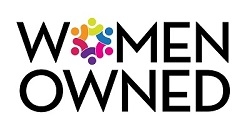
Are You Taking the Right Steps to Care for Your Skin?
Take the Quiz
Skincare Secrets!
10-step guide for healthy, beautiful skin after kids.
100% privacy. I will never spam you!

